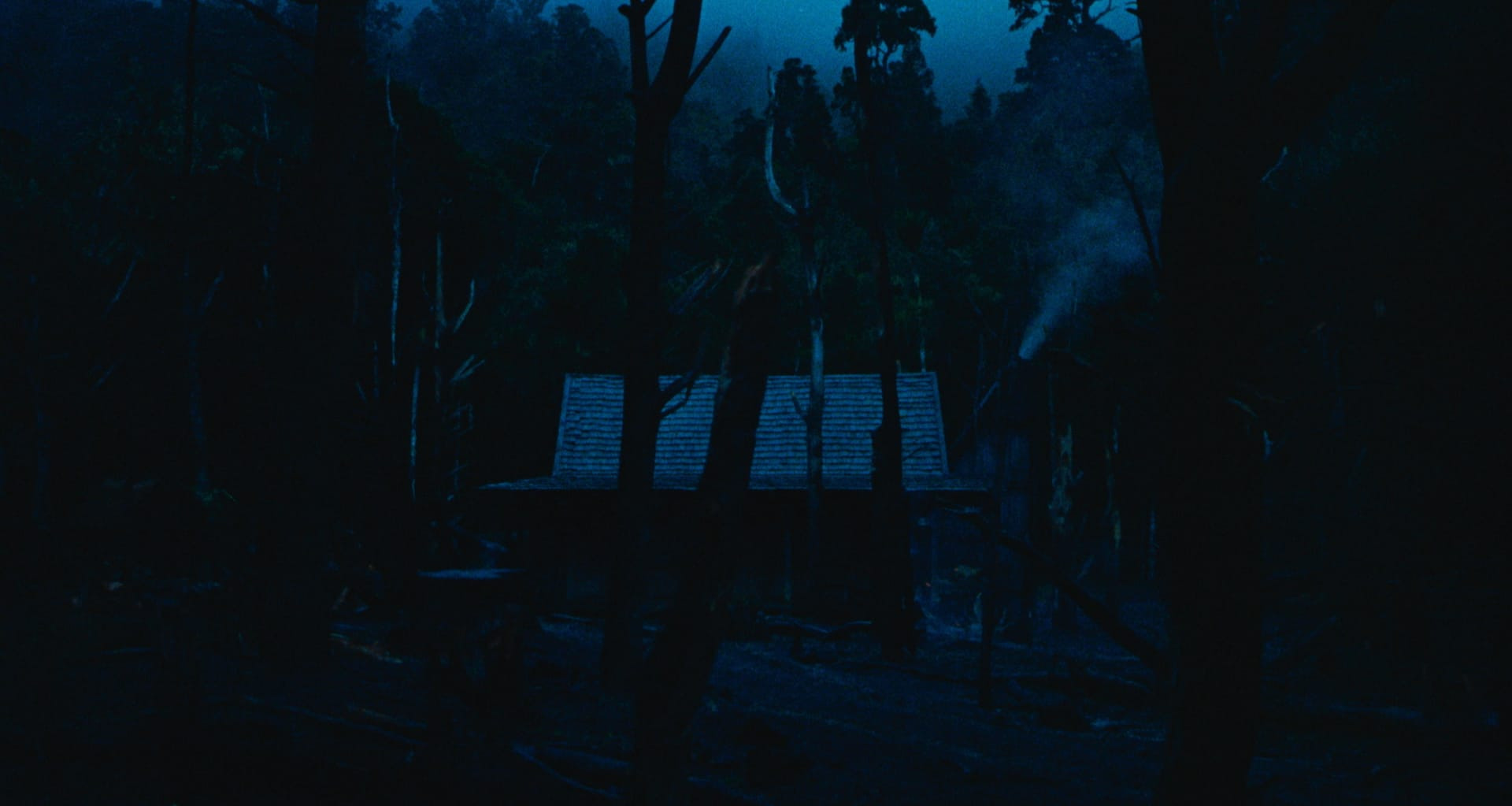RELATED ARTICLE
An Angel at My Table: Alone, Naturally
By Amy Taubin
The Criterion Collection

A landslide hit the grounds of Seacliff Lunatic Asylum, the largest building in nineteenth-century New Zealand, just a few years after its opening in 1884. Such unruly movements of the earth are frequent in that part of the world, where active plate tectonics, steep country, and heavy rainfall frightened the scores of colonial settlers arriving around that time with a sense that they might be washed into the sea at any moment. Indeed, the asylum—with its imposing scale and turreted, Gothic Revival structure—seems to have been designed with this possibility in mind. Though the mental hospital had closed by the time I attended university in nearby Dunedin in the 1990s, its ruins remained, gripping us with a morbid teenage fascination, not least because visionary novelist Janet Frame had been confined there intermittently from 1945 with a schizophrenia misdiagnosis, mocked by nurses as “Miss Educated,” subjected to electric shock treatment, and only narrowly avoiding a scheduled lobotomy when she was awarded a literary prize. We’d all read her at school, and she had lit up the sky with her expansive imagination outside dreary provincialism—even as her lost years were a drastic reminder of the high stakes for freethinking women in a society fearful that unconventionality paved the way to insanity.
A compatriot of Frame’s with a no less distinctive voice, Jane Campion had already adapted the author’s autobiography for the screen with An Angel at My Table (1990) when she set about making The Piano (1993), her fourth feature. Set in Victorian-era New Zealand, The Piano allowed Campion to again channel fears about madness—and exult in the illicit thrill of radical female rebellion against the conformity expected of women in society. In the process, the filmmaker drew on and slyly twisted the dark, gothic sensibilities that pervade New Zealand’s cultural imagination, revealing the failings and horrors of the colonial “civilizing” project, and envisioning escape.
Ada McGrath (Holly Hunter) crashes up against a rigidly pragmatic mentality as soon as she makes landfall on a bleak South Island beach, carried with her young daughter, Flora (Anna Paquin), who was born out of wedlock, through choppy surf on seamen’s shoulders. The Scotswoman had been hopeful about her arranged marriage to frontiersman Alisdair Stewart (Sam Neill) in the far-flung colony, but her new husband, who did not mind the prospect of a mute wife in theory, is taken aback by all that marks her as different from the conventional standard he holds in his head. She appears “stunted,” he says with regret. Even worse, her silence, rather than underpinning a dutiful meekness, has a stubborn force that shakes him to the core. He wonders aloud whether she may be “brain-affected.”



